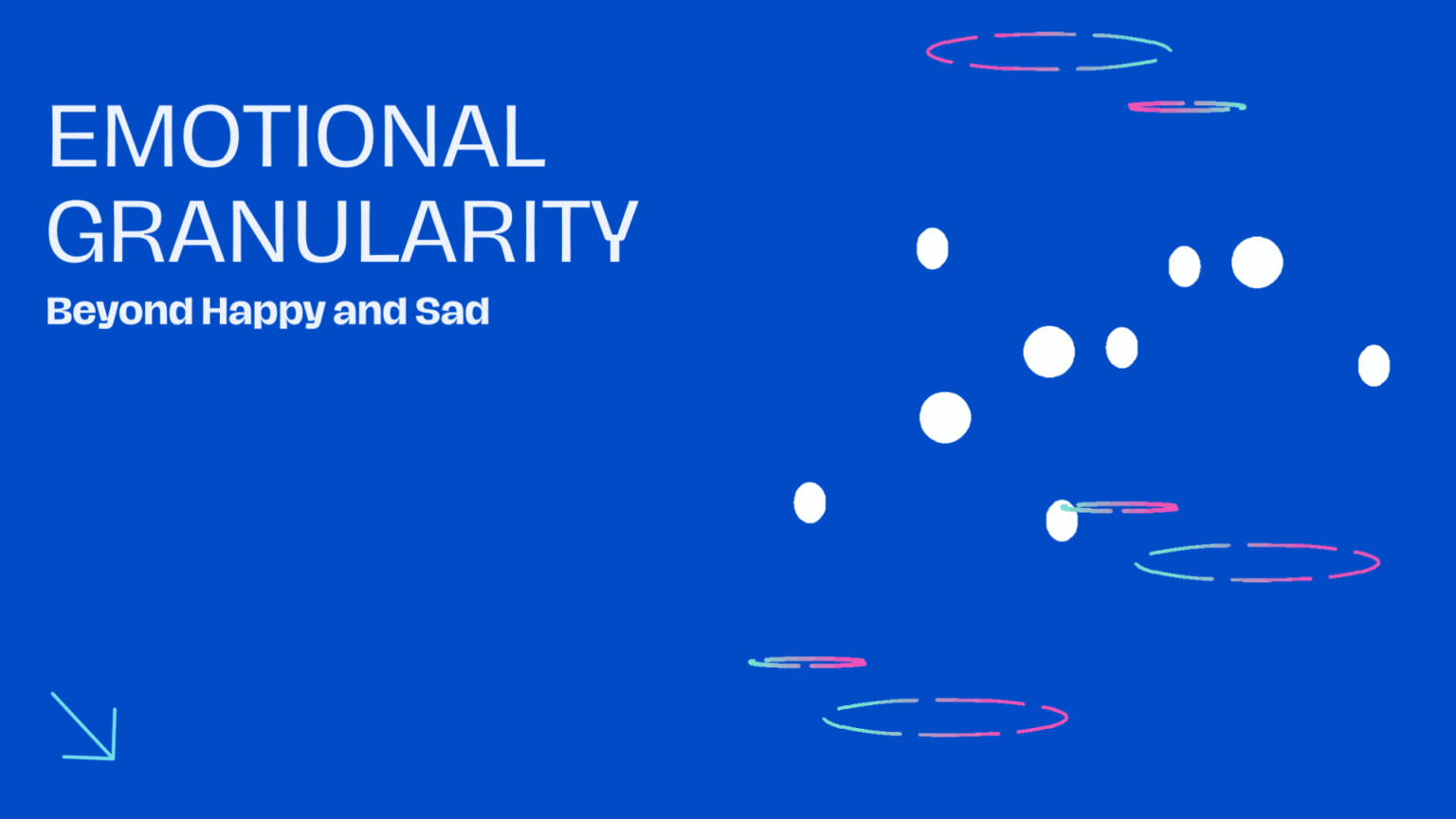Peer Support and Digital Therapeutic Alliance in Mental Health
Mental health challenges can be overwhelming, but individuals are not alone in their struggles. Peer support has emerged as a valuable tool in helping individuals with mental health problems navigate their journeys towards recovery. By connecting with others who have shared experiences, individuals can find solace, understanding, and guidance. This article explores the concept of peer support, the benefits it offers, and its effectiveness in mental health care.
What is peer support and how does it help in mental health challenges?
Understanding the concept of peer support
Peer support refers to the process of seeking and providing help to others who have similar experiences or backgrounds. In the context of mental health, peer support involves individuals with lived experience of mental illness offering support and guidance to others facing similar challenges. This form of support is grounded in empathy, shared understanding, and a non-judgmental approach.
Benefits of peer support for individuals with mental health problems
Research has shown that peer support can have a significant positive impact on individuals with mental health problems. It provides a sense of belonging and reduces feelings of isolation. By sharing experiences and coping strategies, individuals can gain valuable insights and learn effective ways to manage their conditions. Peer support also fosters hope, empowerment, and resilience, helping individuals regain control over their lives.
Exploring the effectiveness of peer support in mental health care
A systematic review of various studies has consistently shown the effectiveness of peer support in improving mental health outcomes. Peer support has been found to reduce psychiatric hospitalizations, increase adherence to treatment plans, and enhance overall well-being. It complements traditional mental health services by providing unique perspectives and lived experience-based guidance. The collaborative nature of peer support encourages individuals to actively participate in their recovery journey.
How can online support groups contribute to mental health peer support?
The role of online support groups in providing social support
Online support groups have gained popularity as a convenient and accessible platform for mental health peer support. These virtual communities allow individuals to connect with others from around the world, breaking down geographical barriers. Online support groups provide a safe and anonymous space for individuals to share their thoughts, concerns, and experiences. The sense of solidarity and understanding in these groups can be instrumental in promoting emotional well-being.
Exploring the impact of online support groups in mental health interventions
Research has shown that online support groups can contribute positively to mental health interventions. These groups have been found to enhance treatment outcomes, reduce symptoms of depression and anxiety, and increase social support. Online support groups provide continuous support and interaction, which can be particularly beneficial for those who may face difficulties attending in-person support groups due to various reasons, such as geographical location or stigma associated with mental health conditions.
Benefits and limitations of online peer support for mental health conditions
Online peer support offers several benefits for individuals with mental health conditions. It removes barriers to seeking support, provides a sense of anonymity, and allows for flexible participation. Additionally, online peer support allows individuals to connect with a diverse range of people, expanding their support network. However, it is important to acknowledge the limitations of online peer support, including the potential for misinformation and the absence of face-to-face interaction. These limitations highlight the need for careful moderation and guidance in online support groups.
What are the different types of digital mental health services available?
Overview of mental health apps and their features
Mental health apps have gained popularity in recent years as a convenient and accessible tool for promoting mental well-being. These apps offer a variety of features, such as guided meditation, mood tracking, and cognitive-behavioral therapy exercises. They provide individuals with tools for managing their mental health on a daily basis, and some apps also include peer support features, allowing users to connect with others facing similar challenges.
The role of digital health platforms in promoting mental well-being
Digital health platforms encompass a range of online services and resources dedicated to promoting mental well-being. These platforms often include mental health assessments, self-help resources, and access to mental health professionals. They provide individuals with comprehensive support and information, empowering them to take control of their mental health. Digital health platforms can also facilitate peer support by connecting individuals with shared experiences and interests.
Exploring online peer support groups as a mental health service
Online peer support groups are an essential component of digital mental health services. By bringing together individuals with similar experiences, these groups provide a vital source of support and understanding. Online peer support groups can be facilitated by mental health professionals or operate as user-led communities. They offer a space for individuals to share their triumphs, setbacks, and questions, creating a sense of camaraderie and compassion.
How does the digital therapeutic alliance support individuals with mental health conditions?
Understanding the concept of digital therapeutic alliance
The digital therapeutic alliance refers to the collaborative relationship between an individual and digital mental health tools or platforms. It seeks to create a sense of trust, mutual understanding, and partnership that enhances the effectiveness of interventions. The alliance recognizes the important role of technology in supporting individuals with mental health conditions and places emphasis on user engagement and empowerment.
The role of technology in fostering the therapeutic alliance
Technology plays a crucial role in fostering the therapeutic alliance by providing individuals with accessible and personalized support. Digital mental health tools can offer a wide range of therapeutic interventions, including psychoeducation, cognitive-behavioral therapy exercises, and guided self-help. These tools empower individuals to actively engage in their mental health care and provide actionable insights for progress tracking.
Challenges and opportunities for mental health peer support technologies
While mental health peer support technologies offer immense potential, they also face certain challenges. Ensuring privacy and data security is of utmost importance to protect the well-being of users. Additionally, there is a need to bridge the digital divide and ensure equal access to support for all individuals. As technology continues to evolve, there are opportunities to integrate various modalities such as artificial intelligence and virtual reality to further enhance the effectiveness of mental health peer support.
Q: What is the purpose of Mind meet tech CBT and peer support as digital weight loss allies?
A: The purpose of Mind meet tech CBT and peer support as digital weight loss allies is to provide support and interventions for mental health through the use of digital technologies.
Q: What is cognitive behavioural therapy (CBT)?
A: Cognitive behavioural therapy (CBT) is a type of psychotherapy that helps individuals identify and change negative thoughts and behaviours.
Q: How does online social therapy work?
A: Online social therapy is a form of peer support that takes place online, where individuals can connect with others who have similar experiences and receive emotional support.
Q: What is the importance of peer support for people with mental health issues?
A: Peer support has been shown to be beneficial for people with mental health issues as it provides a sense of belonging, emotional support, and the opportunity to learn from others who have similar experiences.
Q: How do digital health interventions enhance peer support for mental health?
A: Digital health interventions, such as online support groups and moderated online social therapy, can enhance peer support for mental health by providing accessible and convenient platforms for individuals to connect and receive support.
Q: Are there peer support programs available for individuals with serious mental illness?
A: Yes, there are peer support programs specifically designed for individuals with serious mental illness, providing them with support and resources to manage their condition.
Q: How do digital interventions improve the experience of peer support?
A: Digital interventions improve the experience of peer support by allowing individuals to connect with others at their own pace, providing a sense of anonymity, and offering various forms of support, such as text-based communication and multimedia resources.
Q: Why is mental health peer support lagging behind in terms of digital implementation?
A: Mental health peer support lags far behind in terms of digital implementation due to various factors, including limited funding, lack of awareness about the effectiveness of digital interventions, and concerns about privacy and confidentiality.
Q: How can technology be designed to better support mental health peer support?
A: Technology for peer support can be designed to better support mental health by incorporating user feedback, ensuring platform accessibility, addressing privacy concerns, and providing a range of features and resources tailored to the needs of individuals with mental health issues.
Q: Are there online support groups specifically for individuals with depression?
A: Yes, there are online support groups specifically designed for individuals with depression, providing them with a supportive community and resources to manage their condition.
Q: What is the purpose of Mind meet tech CBT and peer support as digital weight loss allies?
A: The purpose is to explore the use of cognitive behavioral therapy (CBT) and peer support as digital tools to aid in weight loss.
Q: What is cognitive behavioral therapy (CBT)?
A: CBT is a type of psychotherapy that focuses on identifying and changing negative thought patterns and behaviors.
Q: What is peer support?
A: Peer support refers to the mutual support and assistance provided by individuals who have experienced similar issues or challenges.
Q: How can CBT and peer support be integrated into digital weight loss programs?
A: CBT techniques can be incorporated into digital platforms to provide users with cognitive tools and strategies for managing their weight. Peer support can be facilitated through online communities and support groups.
Q: Can CBT and peer support be effective for individuals with mental disorders?
A: Yes, CBT and peer support can be beneficial for individuals with mental disorders, as they provide additional support beyond traditional therapy or medication.
Q: Are there online resources for depression support?
A: Yes, there are various online platforms and communities that offer support for individuals experiencing depression.
Q: How can online mental health support be accessed?
A: Online mental health support can be accessed through websites, mobile applications, or virtual therapy sessions.
Q: What is the role of technology in digital mental health interventions?
A: Technology plays a significant role in digital mental health interventions by providing accessible and convenient platforms for individuals to receive support and tools for managing their mental health.
Q: Is peer support effective for individuals with severe mental illness?
A: Yes, peer support has been found to be effective for individuals with severe mental illness, as it provides a sense of community and understanding among peers who have similar experiences.
Q: How can technology enhance peer support?
A: Technology can enhance peer support by providing platforms for individuals to connect, share experiences, and access resources regardless of geographical location.
###
Q: What is the meaning of CBT?
A: CBT stands for Cognitive Behavioral Therapy, which is a type of psychological treatment that focuses on changing unhealthy thought patterns and behaviors to improve mental health.
###
Q: What is peer support?
A: Peer support refers to the process of giving and receiving assistance, guidance, and encouragement to/from individuals who have similar lived experiences or who have undergone similar challenges.
###
Q: How does online peer support work?
A: Online peer support involves connecting with others who have similar experiences or challenges through online platforms such as forums, chat rooms, social media groups, or video calls to provide mutual support, understanding, and encouragement.
###
Q: What are the benefits of online peer support?
A: Online peer support offers a range of benefits, including increased accessibility, anonymity, convenience, a larger pool of participants, and the opportunity to connect with people from diverse backgrounds and locations.
###
Q: Can peer support help with weight loss?
A: Peer support can be beneficial for weight loss as it provides individuals with emotional and social support, motivation, accountability, and a sense of community. It can also offer practical tips and strategies for adopting healthy behaviors and maintaining long-term weight management.
###
Q: Is CBT effective for weight loss?
A: CBT can be effective for weight loss as it helps individuals identify and change negative thought patterns, develop healthier coping mechanisms, set realistic goals, and establish sustainable lifestyle changes that promote weight loss and healthy living.
###
Q: Are there online CBT programs available?
A: Yes, there are online CBT programs available that provide interactive modules, guidance, and support for individuals seeking to address various mental health concerns, including weight management.
###
Q: How can digital tools be incorporated into peer support?
A: Digital tools can be incorporated into peer support by providing online platforms for communication, creating virtual support communities, developing mobile applications for access to information and resources, and utilizing technology to enhance the overall peer support experience.
###
Q: What is the role of technology in mental health peer support?
A: Technology plays a crucial role in mental health peer support by facilitating communication, creating opportunities for connection and collaboration, increasing accessibility to support services, and empowering individuals to take control of their mental well-being.
###
Q: Can online peer support replace traditional in-person support groups?
A: Online peer support can complement traditional in-person support groups, but it may not completely replace them. Both forms of support have their own unique benefits, and the choice between the two depends on individual preferences, needs, and circumstances.










